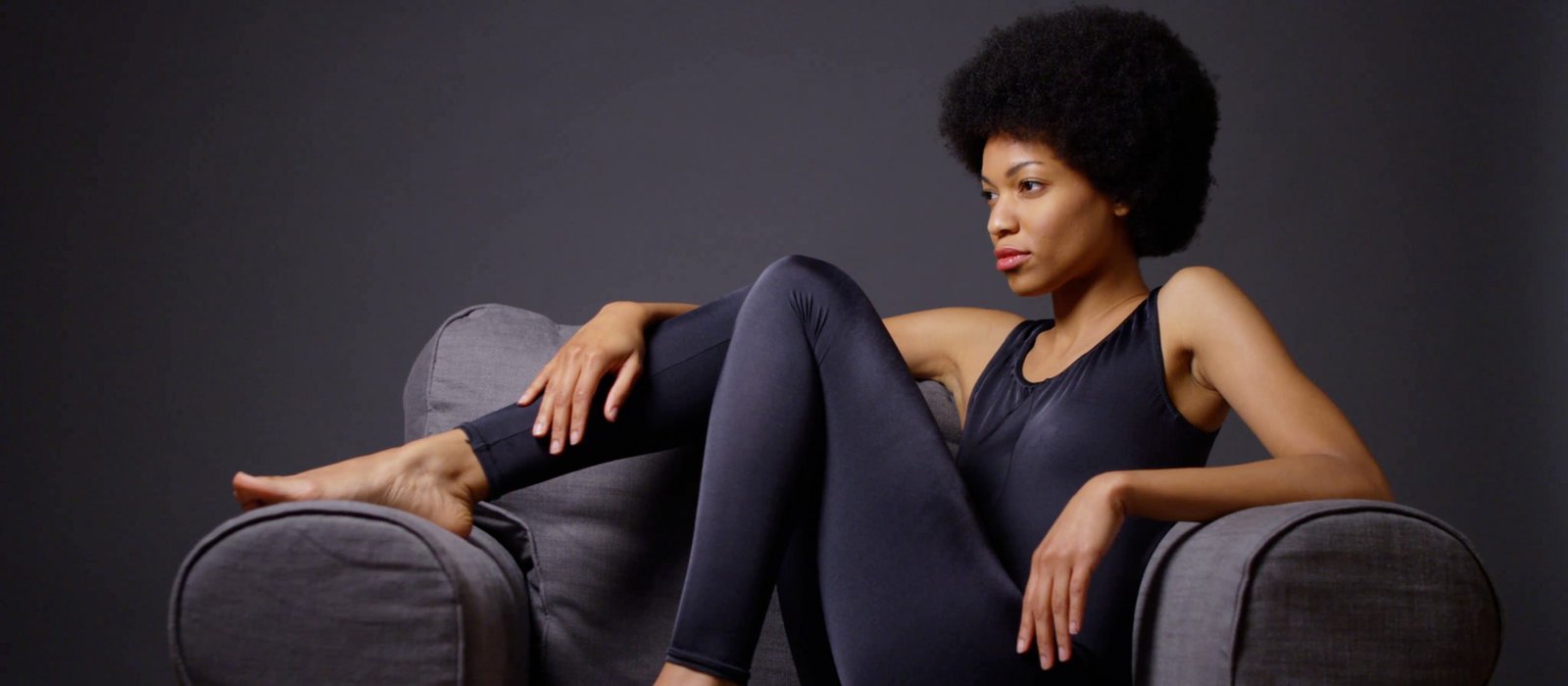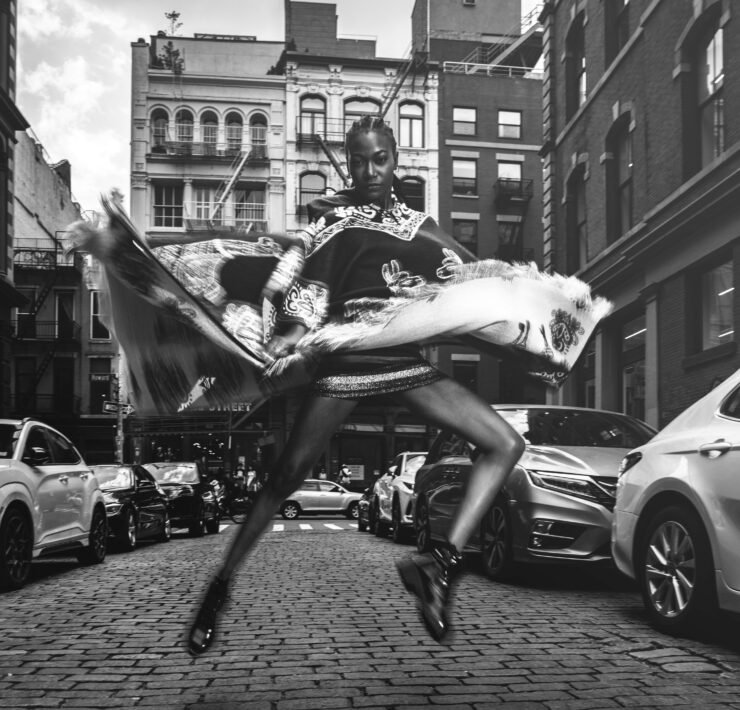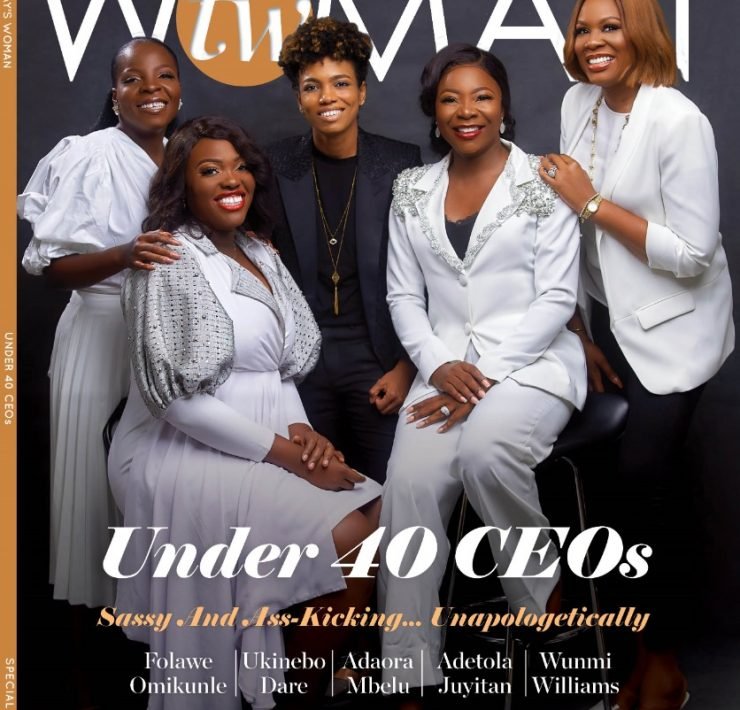CHIMAMANDA WRITES HER STORY IN HER OWN WORDS

Our cover story is presented a little differently this time. What else do you expect when we sat down with an acclaimed writer?
Here is an excerpt from our interview with Chimamanda Ngozi Adichie, as she writes her own story on family, sisterhood, and true feminism

Credit[ image:Kele Akaniro & Onyinkan Ige @snapfactory]
On the emotions brought on by motherhood, I have never loved so completely. I have never loved so helplessly and I have never loved so anxiously. I want to protect her from everything and I know I can’t.
“I am still the same person who believes in authenticity and has no patience for affectation, and believes in loyalty and kindness”
I want to equip her for everything and I know I can’t. In the first months after she was born, I used to check often to make sure she was still breathing as she slept. And sometimes, now that she is two, I still find myself checking
Sisterhood
Her thoughts on the saying, “Women are their own worst enemies.” Gloria Steinem has a wonderful line in her memoir – “a female fate is not a personal flaw.” If you are raised in a world that diminishes women, you will learn to diminish women, sometimes without even knowing it.
“With people in general, and especially with women, my personal mantra is ‘Never Admire Quietly.’ If I admire something about a woman, I always make sure to tell her.”
Women can be as misogynistic as men because both women and men are raised in a misogynistic world. In my personal experience, there are some Nigerian women who are hostile to my success and to the way I occupy my space in the world in a way that they would never be if I were a man.
My friend calls it the ‘I will eat my weave-on and die before I agree that you are important’ syndrome, which I find very funny. I think it’s a consequence of the social conditioning that teaches women to resent other women, to see female success as a zero-sum game.
Men are not socialized that way. This is not to say that men don’t compete, but men are not socialized to view another man’s success as a personal threat. Women are raised that way.
Feminism
“With people in general, and especially with women, my personal mantra is ‘Never Admire Quietly.’ If I admire something about a woman, I always make sure to tell her.”
On her journey to becoming a feminist, she said ”as a child I was a feminist even though I didn’t know that word. I knew that the world did not accord to women the same privileges that it accorded to men. I didn’t understand why just being male meant there were things you could do and have, why the most prestigious cultural practices were reserved for men, why there were so few women in positions of real power even though I could tell that women were just as intelligent as men”.
As a teenager, I bristled at how much my socialization was focused on men. As girls, we are taught to keep ourselves protected from men. (For example: don’t wear short skirts or a man will rape you because apparently, men are savage animals with no self-control, and so on) and at the same time we are taught to cater to men and to control our desires and ambitions in order to please men (learn to cook so you can keep a husband, pretend not to be interested in sex and don’t be too ambitious so that you don’t scare away a man, and so on).
I think it diminishes the humanity of women. It makes it difficult for women who don’t want to follow the convention to do so. And it means that women are less likely to achieve ‘greatness’ as defined by conventional standards because greatness often happens when people refuse the status quo.
To read the full interview, click HERE to get the digital copy of the magazine for just N500!
Sign Up to Our Newsletter
Get notified about exclusive offers every week!














